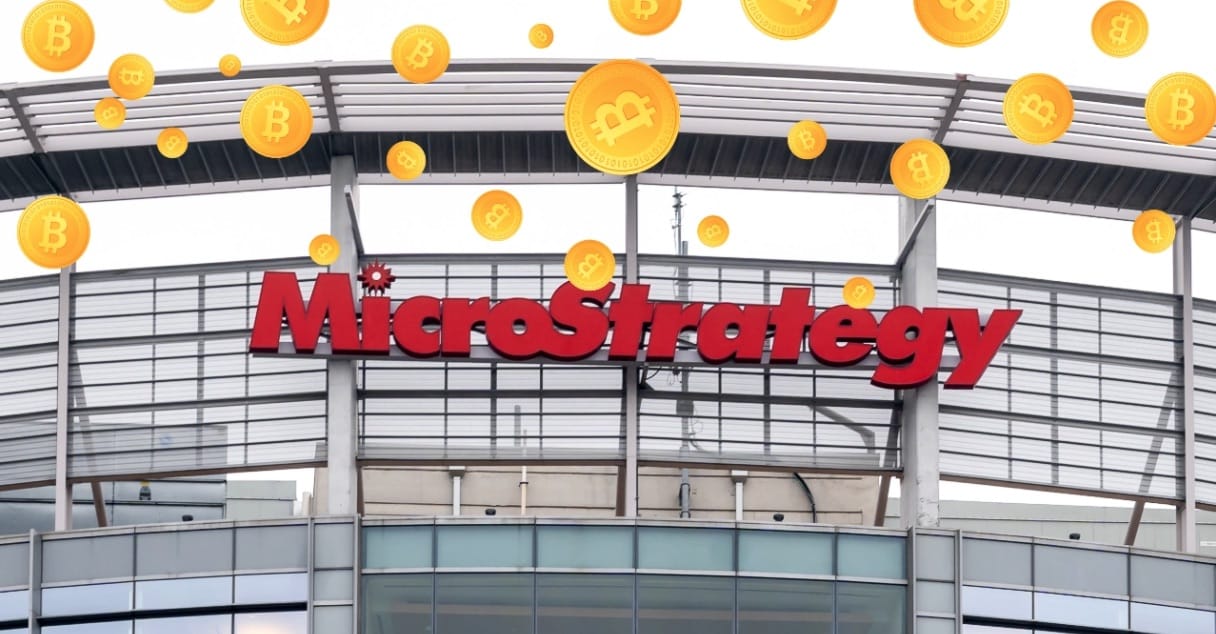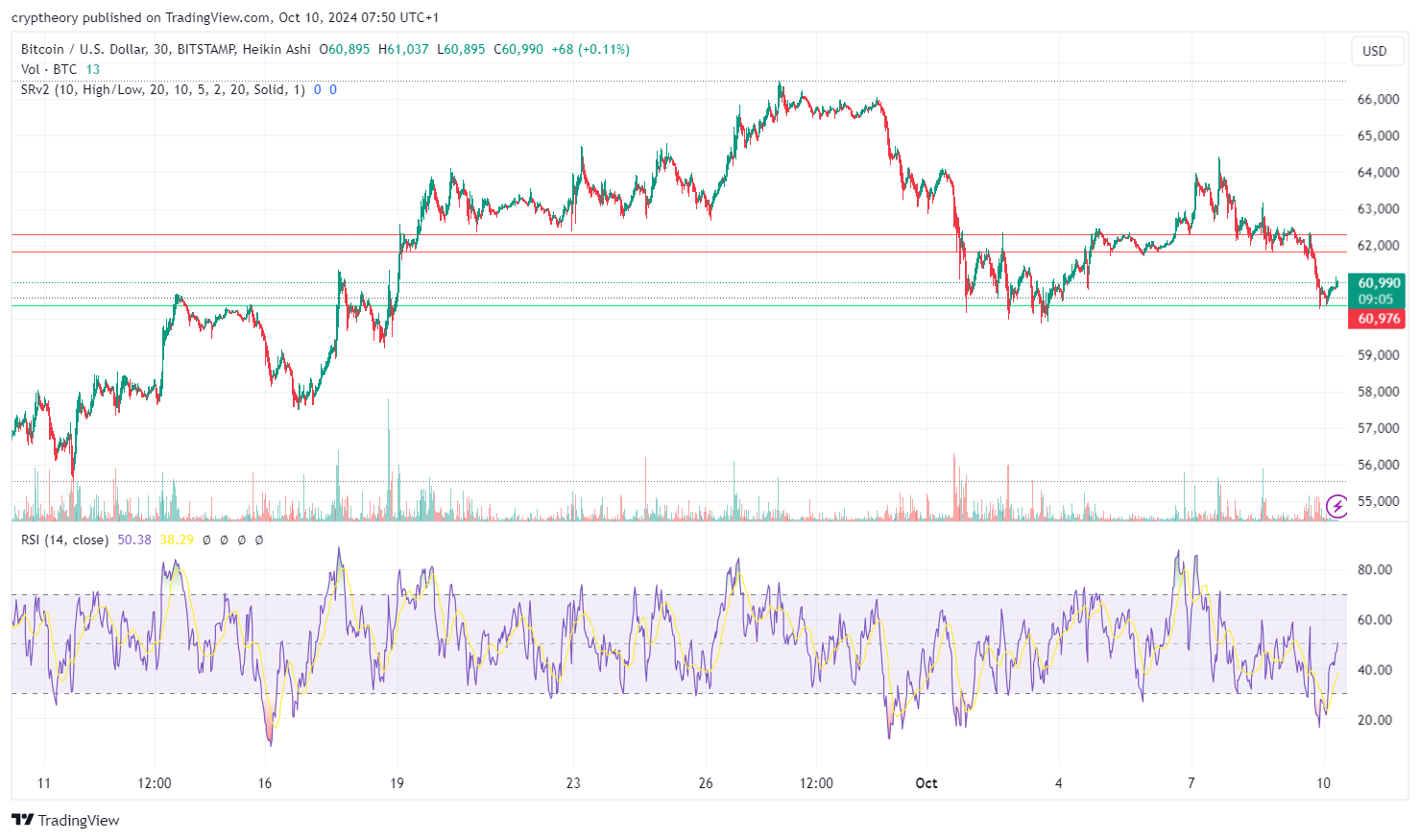Russia’s Finance Ministry is considering allowing qualified investors to trade digital currencies on exchanges in the country.
This would be restricted to licensed exchanges. Therefore, it would include the country’s major institutions, such as the Moscow Exchange and the St. Petersburg Exchange.
According to local media outlets , the ministry intends to grant this permission to companies that are already registered as exchanges and trading systems with the central bank.
These exchanges would then be able to conduct digital currency trading with a select group of investors, who would fall into the “specially qualified” category.
The register is supervised by the Bank of Russia. It currently includes seven exchanges and trading systems that are recognized and licensed to operate in the country.
This select club includes important institutions such as the Moscow Stock Exchange, the St. Petersburg Stock Exchange and the St. Petersburg International Mercantile Exchange (SPIMEX).
Major Russian exchanges are developing cryptocurrency market
Anatoly Aksakov, head of the State Duma’s Financial Market Committee, said that major exchanges are actively involved in the development of the local cryptocurrency market. In fact, they also help to organize the necessary infrastructure.
Aksakov expressed confidence that once the legal framework is established, these exchanges will readily enter the cryptocurrency trading space, without encountering any significant obstacles.
BREAKING:
Russia is reportedly considering allowing Bitcoin and cryptocurrency trading for select investors
— WF (@WhaleFUD) July 13, 2024
The Finance Ministry’s proposal is part of a government review project that includes two parliamentary bills. One of them focuses on regulating cryptocurrency mining. The other deals with digital currency transactions under an experimental legal regime.
Prime Minister Mikhail Mishustin has ordered several government agencies, including the Ministry of Finance and the Bank of Russia, to develop mechanisms for using cryptocurrencies in international settlements.
The proposal from the Ministry of Finance suggests establishing specific regulations for organized digital currency trading. In this case, they would be treated as commodities.
These regulations would depend on a license for exchanges or trading systems. Furthermore, they would only apply to a limited group of specially qualified investors.
The exact criteria for classifying these investors were not described in the proposal.
However, it recommends recognizing digital currencies as monetary values within the general regulatory framework. Therefore, it allows monetary transactions and their use as a means of payment in foreign trade agreements.
Russian commodity companies are already turning to stablecoins
Russian commodity companies facing challenges in transacting financial transactions with their Chinese counterparts have increasingly turned to stablecoins.
This is in response to international restrictions and increased compliance measures that these companies face in other countries. As a result, they have been turning to cryptocurrencies, such as the stablecoin Tether, to facilitate international transactions with their Chinese customers and suppliers, in particular.
Additionally, Russia has been moving forward with plans for a Central Bank Digital Currency (CBDC). In July last year, Russian President Vladimir Putin officially signed a bill that would introduce a digital version of the country’s national currency.
The move gave the Bank of Russia, the country’s central bank, legal authority to act as the operator of a platform for the digital ruble. Therefore, the digital ruble would act as a new form of payment, along with the cash ruble and the non-cash ruble.
Furthermore, more recently, it was revealed that Iran and Russia are working on commercial solutions based on CBDC and “digital financial assets” (DFA).
During a recent interview, Rahimi Mohsen, commercial attaché at the Iranian Embassy in Russia, reported that “nations” were “exploring the use of DFAs and central bank digital currencies.”






















